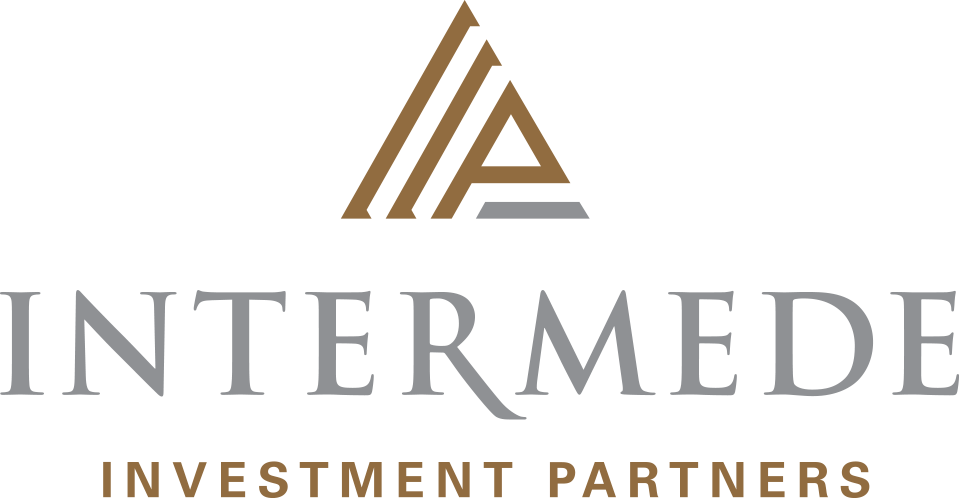How to use the 5-10-15 rule to successfully filter companies
Investing shouldn't be a free-wheeling endeavour. Just the opposite, in fact. Sound investing should have a consistent structure to it. Among other things, it helps take emotion out of the equation.
Intermede Investment Partners employ a "5-10-15" rule when investing.
"Five refers to a minimum 5% a year revenue growth, on average, annually. 10% is the annual EPS growth that we're looking for. And 15% is the ROE minimum threshold," explains Intermede CEO Barry Dargan.
In addition to the 5-10-15 rule, in this wire Dargan will also explain what other things he looks for in a so-called "moat". And while we're on the topic of companies with big moats, we delve into the "network affects" that set big tech companies apart.
The 5-10-15 rule to investing
Barry Dargan: Five refers to a minimum 5% a year revenue growth, on average, annually. 10% is the annual EPS growth that we're looking for. And 15% is the ROE minimum threshold. So companies in our portfolio must be capable of delivering on these kind of metrics on an annual average basis. And, of course, since that's the universe we're looking for we also screen for this and so we know roughly what the universe of companies that have delivered on these kind of metrics are, over the last 10 years plus.
It's a very elite group of companies. It's really the top 5% in the universe of companies that are out there, so we're really playing in this very elite group of great companies that we want to aim for the portfolio.
What makes a good moat?
Dargan: Finding out what it is about a company that is setting it apart is very important for us. So we're looking for a sustainable competitive advantage. And that means a company that has this moat, as you say, that makes it very difficult to compete with and so allows it to maintain its pricing power, maintain its margins and the margins don't get competed down by competition coming in. What sort of things are we looking for? These days network effects is a very important facet, or can be a facet, of this. So the social media companies have this but you can find it in other sectors. So a company like Mastercard, for instance, or CME these are companies that each incremental user actually adds to their network and can be done at very low incremental costs. So network effects are very important.
We like companies with global dominant scale, so something like a Nestlé, which is the largest food company in the world and completely dominates certain categories that are growth categories, like coffee, or waters, or pet foods. It does incredibly well in those areas.
And, again, can pass on pricing simply because the brands are so powerful. Yeah, there's companies that have first-mover advantage that makes them very difficult to compete with because they're always further down the innovation curve than any competitors that come in. We like companies that, for example, are B2B businesses that are ... When they sell into your business it's very, very difficult to ever get them out again because they become part of the DNA of your business and you rely on them to operate. So, again, we find companies like that incredibly powerful business models that make them, again, very difficult to compete with. So those are the sort of moats that we are looking for.
Is the network power of large tech companies shrinking market competition?
That is part of the power of network style companies, that once they've established their network it's very, very difficult to compete with them because to replicate that you'd have to pursued everybody who's currently on their network to come over to your new network. And while you're persuading them to do that you've got to carry the cost of running your business with very little revenues. So it does make them very, very difficult to compete with. That said there is a history of innovation in markets and disruptors come along with something better. And we're always on the lookout for that, so can't be complacent. You can't say that a company that you own will have its advantage in perpetuity because something ... In technology things change fast and new innovation will come along. So we're always looking out for that, but at the moment certainly some of these companies do look like they're in a very, very strong position.
I think the thing that we probably perhaps worry about most with these companies is regulation because, as you pointed out, they're in such a strong position and they're almost defacto monopolies in the areas that they operate in. And are making huge profits, and great cash flows, which is all great from a shareholder point of view but society then starts to worry about this and governments start to get involved. So we're also looking out for this and making sure that these companies are not going to fall foul of regulation, which could dent the investment thesis for us. So there are always things to be concerned about and to be looking into.
Learn more
Barry and the Intermede team apply laser-like focus to just one thing – high quality global companies that they expect to consistently deliver double digit percentage earnings growth, year in, year out. Hit the follow button on his profile to be the first to read his Livewire content.
For more information on the Intermede Global Equities fund, please visit here. If you are a financial adviser, please contact your MLC representative here. If you are a direct investor, please speak to your financial adviser or invest directly through the Product Disclosure Statement (PDS) here.

3 topics
1 fund mentioned
1 contributor mentioned

